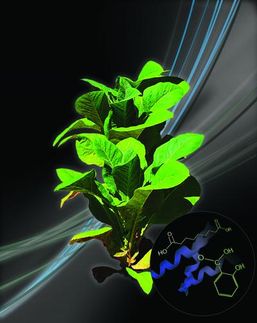U.S. Food and Drug Administration (FDA) Approves Recombinant Protein Treatment for Tibia Fractures
Wyeth's rhBMP-2/ACS Offers Potential for Improved Fracture Healing
Advertisement
Madison, N.J. Wyeth announced that the FDA has approved rhBMP-2/ACS (recombinant human Bone Morphogenetic Protein-2/Absorbable Collagen Sponge), a novel protein device that enhances bone healing, for use in the treatment of acute, open tibia shaft fractures in adults. The device consists of rhBMP-2 placed on an absorbable collagen sponge. It will be used after stabilization with an intramedullary nail (a metal rod inserted into the bone) by orthopedic surgeons, after appropriate wound management.
"This unique protein represents a breakthrough in orthopedic surgery as it can help improve fracture healing, while reducing the chances of infection," says Joseph Camardo, M.D., Senior Vice President of Global Medical Affairs and Medical Director for Wyeth Pharmaceuticals North America. "It clearly represents a novel approach to orthopedic surgeons facing a serious tibia fracture."
Recombinant human Bone Morphogenetic Protein-2 (rhBMP-2, or dibotermin alfa), a recombinant version of a naturally occurring human protein, was discovered and developed by Genetics Institute, now part of Wyeth. The protein is manufactured at a Wyeth biopharmaceutical facility in Andover, Massachusetts.
In 2002, the European Commission approved the Marketing Authorization Application (MAA) for rhBMP-2/ACS for use in the treatment of acute tibia fractures in adults in the European Union (EU). Marketed under the name InductOs(TM), this product was introduced in the EU in July 2003.
Medtronic Sofamor Danek (MSD) will be marketing the product for tibia fractures, while purchasing the rhBMP-2 from Wyeth. Wyeth will receive royalties and milestone payments from MSD.
























































